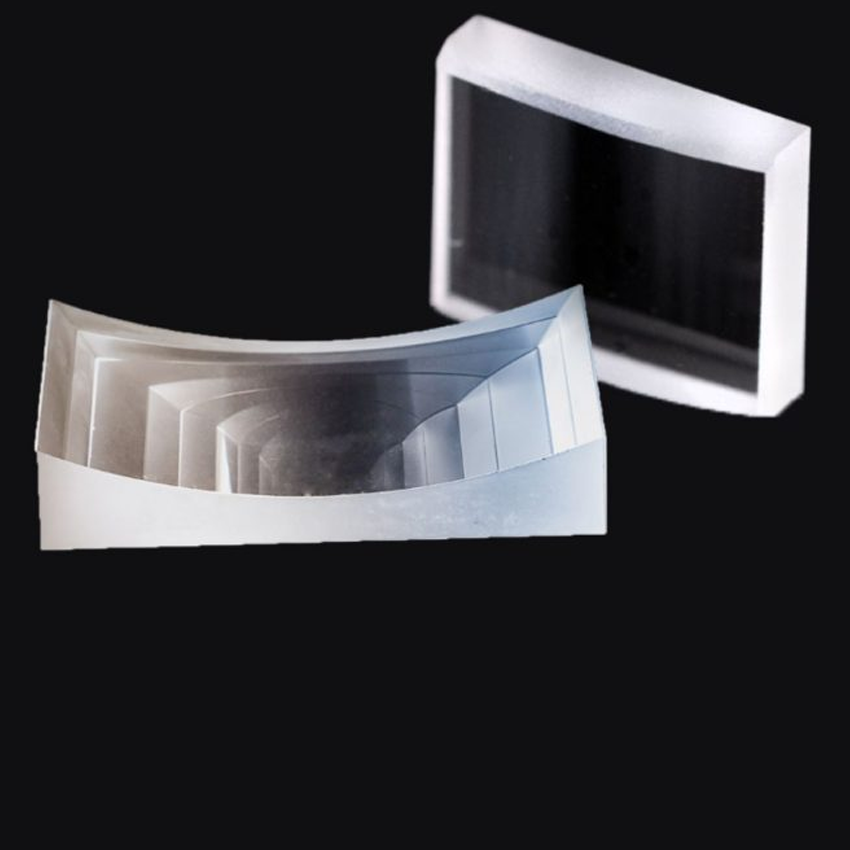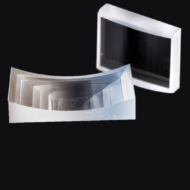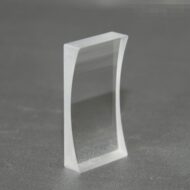Imaging Grade PCV Cylinder Lenses
- Substrate: BK7
- Surface Quality: 40-20
- Power (P-V) @ 632.8nm: 1.5λ
Specifications
|
Dimension Tolerance |
+/- 0.05mm |
|
Centration |
3 arc minutes |
|
Material |
Optical glass, Fused Silica, CaF₂, MgF₂… |
|
Centration |
3 arc minutes |
|
Surface Quality |
10 – 5 scratch and dig |
|
Surface Figure |
1/4 wave @ 632.8nm |
|
Bevel |
0.1mm × 45 degree |
Optical Properties:
- Shape: Flat surface + convex cylindrical surface.
- Focal Length: Positive, suitable for converging light in one dimension.
- Transmission: High across UV, visible, and NIR, depending on material.
- Image Quality: Designed for imaging applications, maintaining low aberrations.
Advantages of Imaging Grade PCV Cylinder Lenses:
- Provide high imaging quality with minimal aberrations.
- Made from premium optical glass for excellent transmission.
- Precise curvature ensures accurate cylindrical focusing.
- Ideal for line imaging, laser scanning, and beam shaping.
Applications of Imaging Grade PCV Cylinder Lenses:
- Laser Line Generation
- Optical Metrology
- Medical & Biomedical Devices
- Machine Vision & Inspection
- Projection Systems
Compared to standard lenses, imaging-grade PCV lenses provide superior surface accuracy, tighter tolerances, and higher transmission efficiency.
This makes them ideal for demanding optical systems where accuracy, resolution, and reliability are critical.
Also, Chenyu Imaging Grade PCV Cylinder Lenses are typically used to diverge collimated light in a single axis.
Therefore, if you need it, please contact us at any time.
FAQS:
1. What is a PCV cylinder lens?
A Plano-Convex Cylinder (PCV) lens focuses light into a line instead of a point, using a single convex cylindrical surface.
2. What materials are available?
Also, common materials include N-BK7, fused silica, and other optical glasses with high transmission.
3. Can these lenses be customized?
Yes, sizes, focal lengths, and coatings can be tailored to specific application needs. Also, you can communicate with our staff to make sure the requirments.





